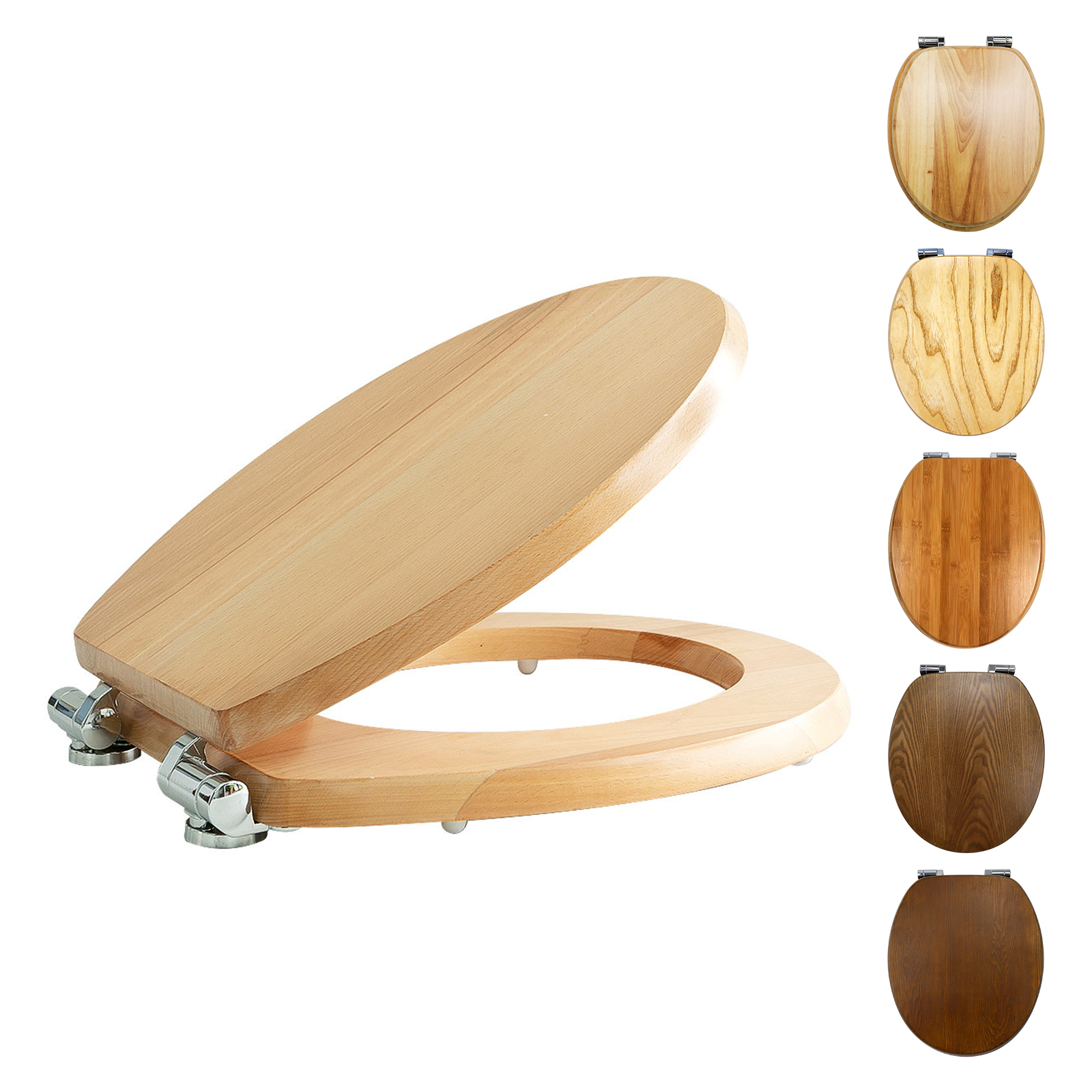**Abstract**
Bloomberg, June 3rd article, original title: "No One Wins in the Sino-European Solar Dispute." China and the EU are locked in a dispute over China's solar panel exports. This conflict is not only unproductive but also risks escalating into broader trade tensions. In the short term, the EU should reconsider its threat of imposing punitive tariffs on Chinese solar products. In the long run, major trading nations—including the U.S.—must revisit their anti-dumping laws, which often fuel unnecessary disputes.
Currently, Europe is following the U.S.'s lead. Last year, the U.S. accused China of unfairly subsidizing solar panels and dumping them at low prices, leading to retaliatory tariffs. The EU’s Trade Commissioner, De Gucht, then followed suit, raising tariffs by over 40%. However, many EU member states oppose this move. Their environmental ministers prefer affordable solar products, while trade officials worry about potential trade wars. The balance of interests is complex: while higher tariffs may help European manufacturers, they could harm the broader EU solar industry, which relies on low-cost Chinese components.
The core issue lies in how “dumping†is defined. Current trade rules struggle to distinguish between low-cost sales and predatory pricing. Selling below cost isn’t always anti-competitive—especially when there’s excess supply and weak demand. But when a company uses low prices to dominate the market and later raises prices, that’s predatory pricing, which should be addressed. However, such cases are rare, especially in industries like solar, where entry barriers are low and overcapacity is common.
Solar panel production is highly competitive, with rapid growth outpacing demand. Most analysts agree that overcapacity is the real problem, making the idea of predatory pricing unrealistic. Despite this, anti-dumping measures remain a tool for protectionism, often used to serve narrow interests rather than the public good.
In conclusion, both the EU and the U.S. need to rethink their approach to anti-dumping policies. Instead of using trade barriers to protect specific industries, they should focus on fostering competition and long-term economic benefits. A more balanced and forward-thinking trade policy would benefit all parties involved.
Soft Close Solid Wood Toilet Seat
Solid wood Toilet Seat is a kind of toilet seat that uses solid wood as the main material, which combines traditional craftsmanship and modern design to bring a natural and warm atmosphere to the bathroom. Here are some details about solid wood toilet seat:
Material characteristics: solid wood toilet seat is made of natural wood, so it has a natural texture and unique texture. Solid wood is sturdy and durable, able to withstand certain weight and pressure, but also has a good thermal insulation performance, so that people feel warm and comfortable when using.
Eco-friendly and healthy: solid wood toilet seat meets the environmental requirements, does not contain harmful substances and is harmless to the human body. At the same time, the natural properties of wood also make it has certain antibacterial properties, which helps to keep the bathroom clean and hygienic.
Aesthetically ple asing: The simple and generous design of solid wood toilet seat covers can match with various styles of bathrooms. Its natural texture and colour can also add a natural beauty to the bathroom and enhance the overall decoration.
Easy to clean and maintain: the surface of the solid wood toilet seat is smooth, not easy to stain, very convenient to clean. At the same time, solid wood also has a certain degree of wear resistance, can withstand the wear and tear of daily use.

Soft Close Solid Wood Toilet Seat,Solid Wood Toilet Seat,Toilet Seats,Soft Close Toilet Seats
Yangzhou Mifen Import and Export Co., Ltd , https://www.fanmitrkwc.com
